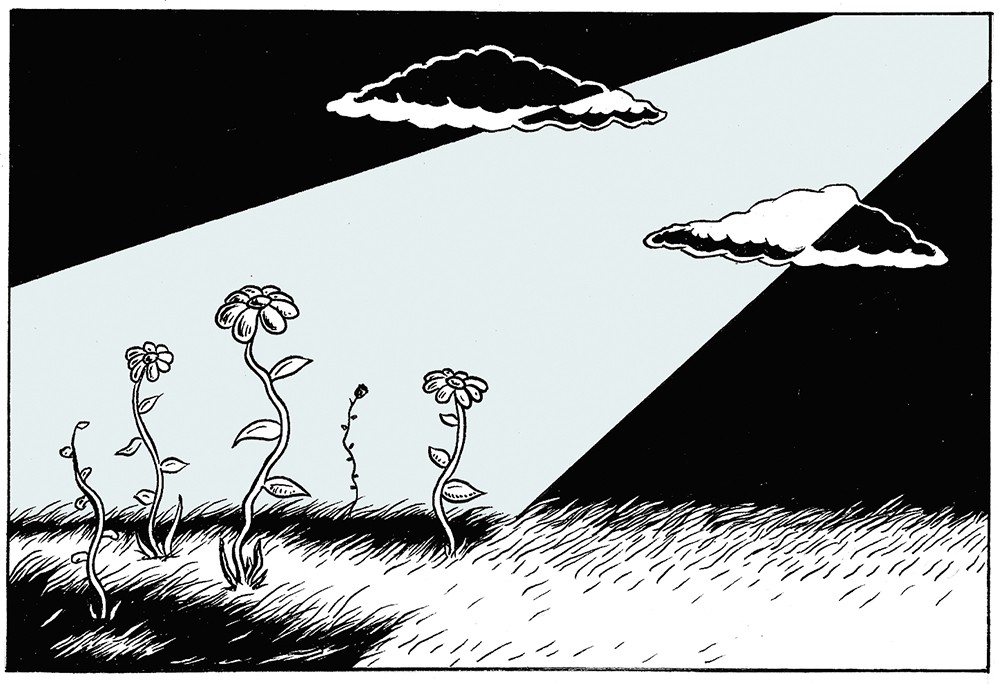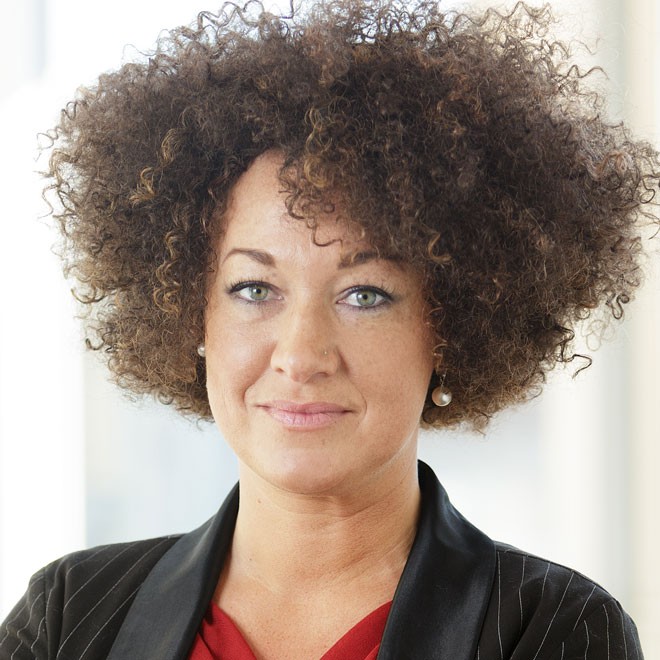I haven't been quiet about the challenges my family has faced living in the Inland Northwest. In fact, since my arrival I have been trying to undo the circumstances that landed us here and get the heck out of this place. But for the first time in nearly 11 years, I can actually say that I am excited to live in Spokane. My sudden re-imaging of this region has less to do with the rushing river and charming scenery and more to do with the emerging courage of the people.
I spent a week in Sandpoint recently, riding trails on horseback with 19 other Spokane women as we shared the agonies and ecstasies of our personal and professional lives in an effort to hone our leadership skills. Under the guidance of the best facilitators in the nation, fresh ideas and renewed commitment with purpose coalesced into exciting revisioning for Spokane. I believe these women are the harbingers of a dynamic future for the entire region.
The day after we came off the mountain, important voices were heard at the Don't Shoot criminal justice panel discussion in downtown Spokane. The honest discussion and grassroots demand for action that equalizes accountability and values life is more than just a seed planted. This is a growing movement for a safer city and a model for breaking the silence, whether on a street corner or over a glass of wine. We need more of this.
Meanwhile, the five newly appointed commissioners overseeing the Office of Police Ombudsman (myself included) have been studying Spokane's policing past and preparing for our first public meeting later this month. As an educator, activist and mother of two black sons, I take heart that this city has installed the commission's oversight of local law enforcing. Spokane could become the change in police accountability that the rest of the nation needs to see.
And then there was a coffee-shop talk. Squeezed into small wooden chairs at Indaba Coffee just a few days ago, about 50 people came out to discuss racism and prejudice. Included among the panelists, I was encouraged to see so many passionate folks up and ready to engage with this topic on a Saturday morning. Black, Jewish and white speakers shared from the heart and volleyed questions about how to fight racism locally, what to do when children are targeted by violence and how religion is connected to oppression. Spokane Faith and Values, which organized it, says it was the largest crowd to ever attend one of their coffee conversations, which I think is fantastic news and indicative of a hunger for more open discussion and opportunity to explore Spokane's place in the race dialogue.
Across town the same day, though, Temple Beth Shalom was vandalized with a swastika during Yom Kippur, underscoring the relevance of these conversations and reminding me that, amid the smell of new life during springtime, there is also death and decay that must be composted to move into a more hopeful season of optimal growth.
Room for improvement in Spokane? Plenty. But let's not forget to recognize what's working, why it is needed and look for ways to support the tender shoots and saplings that could become the healthier forest of Spokane's future. ♦
Rachel Dolezal, formerly of the Human Rights Education Institute, is an award-winning artist and activist who teaches courses in art, Africana history and culture at area universities.


















